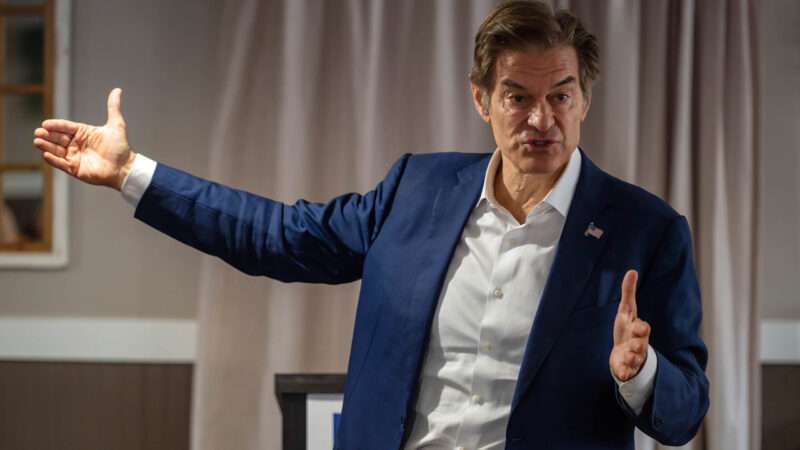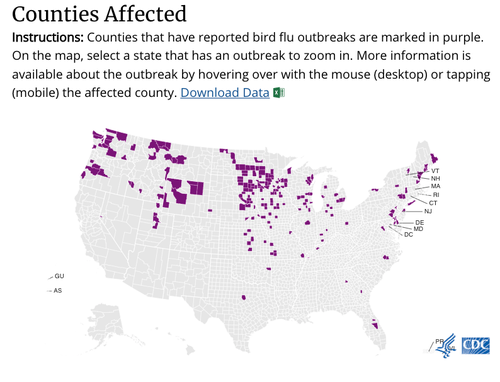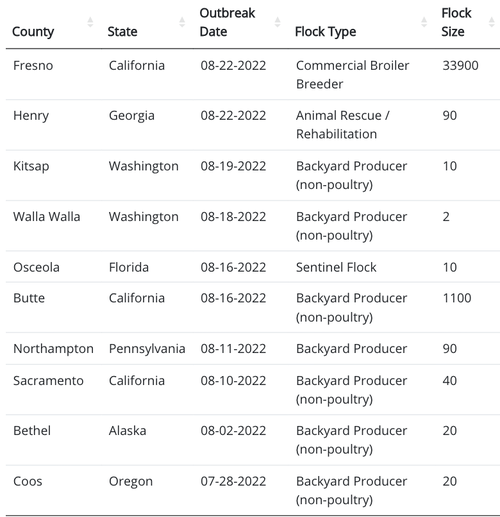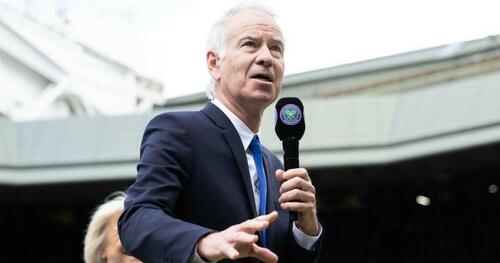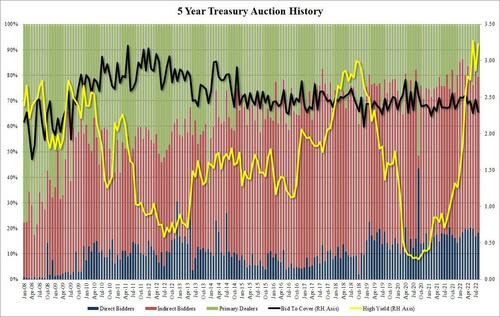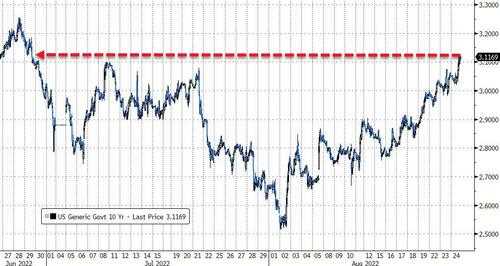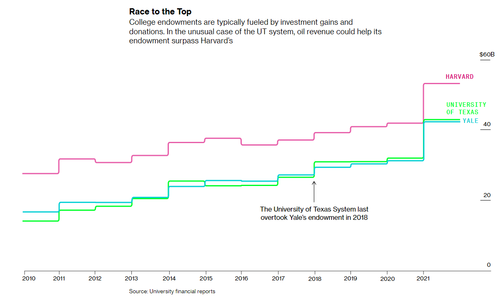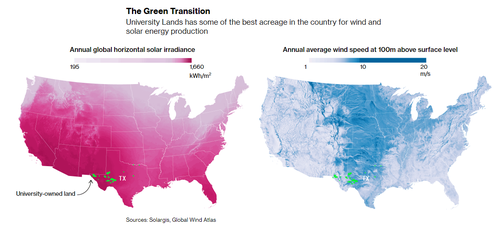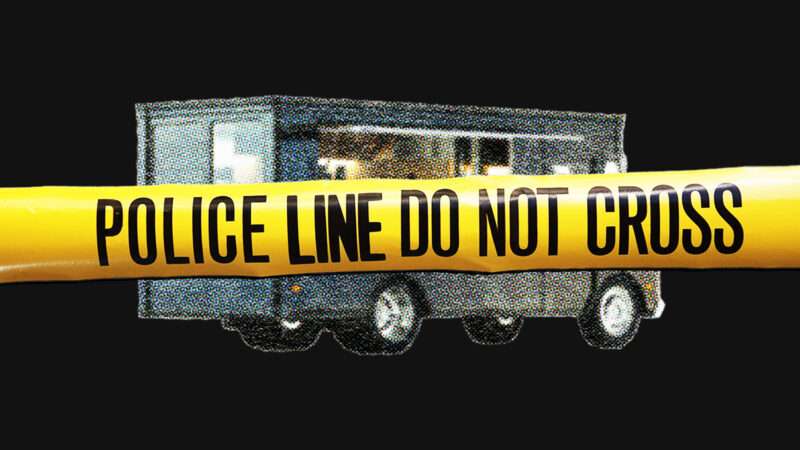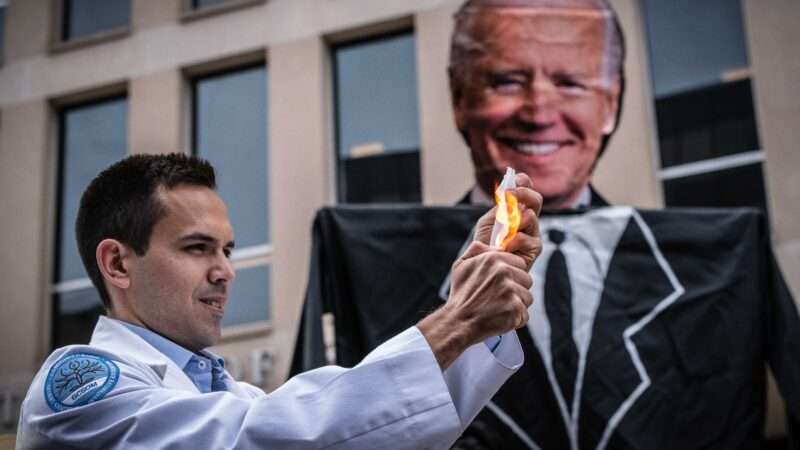How Starlink Changes Bitcoin Mining And Improves Decentralization
Authored by ‘El Sultan Bitcoin’ via BitcoinMagazine.com,
Starlink may be the missing piece for mining decentralization to reach the far ends of the Earth where energy is cheap but internet access is lacking…
HOW MINING DECENTRALIZATION CAN BE INCENTIVIZED
Over a year has elapsed since the great bitcoin mining migration began, when the network experienced a 60%-plus reduction in hash rate due to the Chinese Communist Party’s attack on bitcoin mining. The aftermath of China’s mining ban equated to the United States absorbing a greater part of the hash power that used to be located in mainland China. Hash rate recovered and reached all-time highs again. No questions arise regarding Bitcoin’s resilience here. However, one may ask how network and mining decentralization can be fostered to limit the impact of similar attacks on Bitcoin.
LACK OF INTERNET ACCESS IS A HINDRANCE IN REMOTE LOCATIONS
Even though mining is an activity spread across the globe, miners flock to locations based mainly on energy costs. As covered by Nic Carter, energy is a local phenomenon. Highly concentrated energy production sites are typically located in remote areas; Quebec, Canada and Sichuan, China, are both great examples of this. Here, the installed hydro capacity exceeds the demand for electricity, and since energy is not an easily transportable commodity, producers with excess capacity find themselves wishing for alternative buyers or assuming wasted energy from their operations. In essence, this is why wasted energy is miners’ platonic love. Under the form of a jurisdiction-neutral bidder, bitcoin miners can be buyers of last resort to monetize stranded energy.
However empowering the topic may sound, in practice, trying to tap into low-cost, energy-rich sites often implies having to run at-scale mining operations, and when talking about remote locations, internet connectivity can be another issue. For a multimillion-dollar mining farm, accessing a corporate internet satellite service won’t be much of a problem, as the size of their revenues would make such connectivity costs appear minimal on their income statements. In contrast, this leaves the likelihood of the average Joe living close to stranded energy locations out of the equation.
HOW STARLINK WOULD ENABLE REMOTE BITCOIN MINING
Individual connectedness to the internet has reached 60% of the global population. This implies that there are now fewer than 3 billion people “unconnected” to the internet, with the majority of these people located in southern and eastern Asia, and in Africa.
Improving the quality and reliance of people’s connectivity is also an unresolved issue: enter Starlink. Led by SpaceX, Starlink is aiming to provide high-speed, low-latency broadband internet in remote and rural locations across the globe. By leveraging SpaceX’s experience in building rockets and spacecraft, their mission is to deploy the world’s most advanced broadband internet system.
The hardware costs to set up a Starlink access point are hovering around $600 in addition to $3,000 per month. Even though the expense can be considered elevated for the average person, envisioning how this can impact Bitcoin brings up interesting theories.
HOW BITCOIN MINING IN REMOTE LOCATIONS COULD ACCELERATE HYPERBITCOINIZATION
Picturing miners subsidizing Starlink costs in rural areas in order to tap into stranded energy while enabling internet connectivity may not be that far away, considering we have a bitcoin miner powering greenhouses in the Netherlands. If wasted heat generation is subsidized to grow produce and bloom flowers in one place, the same may become true for enabling internet-based services in unconnected areas in exchange for newly minted bitcoin.
How this could also play out a role in reducing internet service provider (ISP) centralization of the network may also be of interest. As reported by DARPA’s “Are Blockchains Decentralized?” paper, “For at least the past five years, 60% of all Bitcoin traffic has traversed just three ISPs.” Moreover, “As of July 2021, about half of all public Bitcoin nodes were operating from IP addresses in German, French, and U.S. ASes, the top four of which are hosting providers (Hetzner, OVH, Digital Ocean and Amazon AWS).”
On the flip side, community-based approaches seem to be proliferating within the Bitcoin ecosystem to reduce centralization. With projects like Fedimint looking to accelerate custody decentralization and home-mining setups catching interest in recent years, one may ask:
“Is Starlink well on its way to become one of the enablers for last-mile bitcoin mining and network decentralization?”
It remains to be seen.
credittrader
Wed, 08/24/2022 – 14:10
via ZeroHedge News https://ift.tt/kE6V8Q1 credittrader

